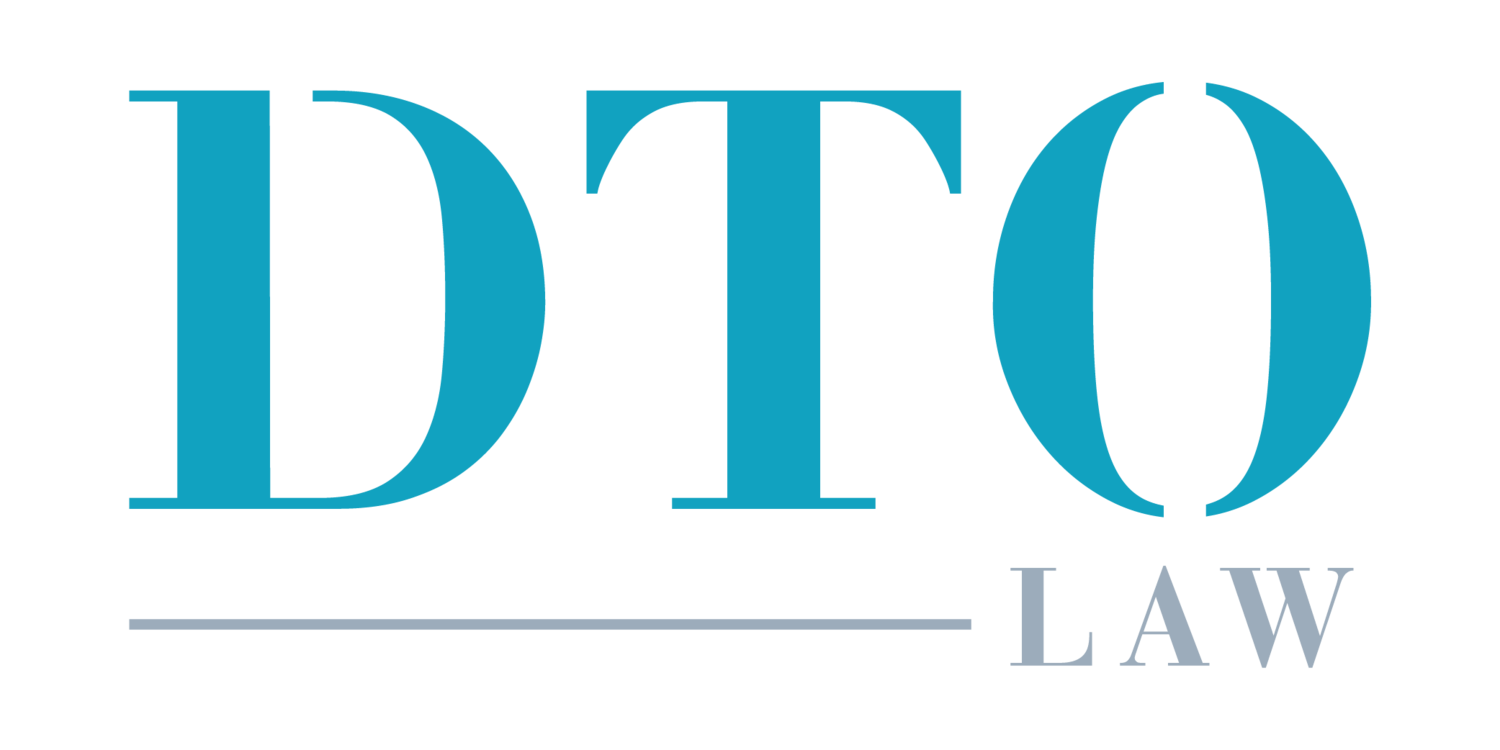Supreme Court Rules on "Generic" Domain Name Trademark Protection
In the United States Patent and Trademark Office v. Booking.com, the Supreme Court ruled that adding the “.com” suffix to a generic word can make the new combination eligible for trademark protection. The Court relied upon a principle of trademark law, affirming that consumer perception should govern whether an overall term is distinctive enough to warrant trademark protection.
The Court’s 8-1 majority opinion, delivered by Justice Ruth Bader Ginsburg, stated: “We have no cause to deny Booking.com the same benefits Congress accorded other marks qualifying as nongeneric.” The Court noted that a domain name can only be held by one entity at a time. Therefore, consumers can perceive Booking.com to indicate a particular source identifier, again consistent with the principles of trademark protection.
Previously, the USPTO appealed the case to the U.S. District Court for the Eastern District of Virginia and the Fourth Circuit Court of Appeals, both of which held that “Booking.com” is not a generic term. The ruling is a win for companies who have been denied protection for their brand by the USPTO on grounds that it is a generic term. Individuals and companies are now more clearly able to register “generic.com” marks, so long as those marks are seen as a brand by consumers.
Contact the intellectual property experts at DTO Law to discuss how this case may impact your trademark strategy.
